Albania has taken a pioneering step by appointing Diella, an artificial intelligence (AI)-driven virtual figure, as part of its government cabinet.
The move, announced by Prime Minister Edi Rama, is being hailed as a bold experiment in governance aimed at eliminating corruption from public procurement — a long-standing issue in the Balkan nation.
The initiative comes as Albania pushes to accelerate reforms and demonstrate readiness to meet the European Union’s (EU) strict governance and transparency standards as it pursues membership by 2030.
What do we know about Diella?
Diella, whose name translates to “sun” in Albanian, was officially introduced as a virtual cabinet member this week.
She is the first AI-created government minister in the world, designed to oversee and manage all public tenders in which the Albanian government contracts private companies for projects and services.
Rama, who has just started his fourth consecutive term, described the appointment as a step toward building a cleaner and more accountable government.
“Diella is the first cabinet member who isn’t physically present, but is virtually created by AI,” Rama said during his cabinet unveiling speech.
He stated that Diella’s mandate is to ensure that public tenders are completely transparent and free of influence.
“Every public fund submitted to the tender procedure will be perfectly transparent,” he said, adding that the objective was to make Albania “a country where public tenders are 100 per cent free of corruption.”
Since its initial rollout in January this year, Diella has been available to the public on the e-Albania digital platform, primarily serving as a virtual assistant to help citizens and businesses access state documents.
Depicted as a woman dressed in traditional Albanian clothing, she assists through voice commands and issues documents with electronic stamps to cut down on bureaucratic delays.
Praising the move, even Albanian media has reported the development as “a major transformation in the way the Albanian government conceives and exercises administrative power, introducing technology not only as a tool, but also as an active participant in governance.”
Will Diella help in curbing corruption?
Rama stated that the responsibility for awarding public tenders would gradually move away from individual ministries to the AI platform through a “step-by-step” transition.
This, he argued, would remove opportunities for subjective decisions, favouritism, or political interference.
The government has not yet disclosed the full extent of human oversight that will accompany Diella’s expanded role. Legal experts have also raised questions about how the AI minister’s status will be defined within Albania’s constitutional and legal framework.
Corruption has been one of Albania’s most persistent and pressing issues since the fall of its communist regime in 1990.
Over the decades, public procurement has become one of the areas most vulnerable to misuse, with contracts often linked to organised crime networks and political patronage.
Albania’s geographic location, with access to both European and Mediterranean routes, has made it a central hub for trafficking drugs and weapons.
Criminal organisations have been known to funnel illicit profits through legitimate government contracts. This environment has fueled public mistrust and hindered Albania’s efforts to align with EU governance standards.
Transparency International’s 2024 report ranked Albania 80th out of 180 countries in its global corruption perception index, highlighting the scale of the problem.
Will this development aid Albania it its bid to join EU?
The European Union places significant emphasis on transparency, rule of law, and anti-corruption measures when evaluating prospective members.
Rama acknowledged that tackling this challenge head-on was essential for Albania’s EU bid. By 2030, his government aims to have the country ready for full membership, with negotiations scheduled to conclude by 2027.
Dikshu C Kukreja, Honorary Consul General, Embassy of Albania to India, highlighted how Diella could serve as a tangible demonstration of Albania’s progress in these areas.
“The introduction of Diella, the world’s first AI minister, illustrates Albania’s readiness to embrace reforms that strengthen accountability, streamline processes, and showcase tangible results,” he told Firstpost in a note.
Kukreja also pointed out that the reform aligns directly with EU priorities.
“This initiative directly supports the EU’s emphasis on transparency and good governance, providing evidence that Albania is not only enacting reforms on paper but also embedding them into practice. It reflects the country’s seriousness about aligning with European standards and reinforces its commitment to becoming a constructive and forward-looking member of the EU by 2030.”
Rama’s Socialist Party, which won 83 of the 140 parliamentary seats in the May 11 elections, has promised that comprehensive reforms will be delivered within this timeline.
However, analysts and opposition leaders have warned that this is an ambitious goal. The Democratic Party-led coalition, headed by former Prime Minister and President Sali Berisha, which secured 50 seats, has questioned both the government’s readiness and the official election results, citing irregularities.
Despite these concerns, Democratic Party members attended the inaugural session of the new parliament. The remaining seats were divided among four smaller parties.
Why is this a groundbreaking reform for Albania?
Kukreja also explained that the introduction of Diella was far more than a technological novelty — it represented a transformative approach to governance.
“Albania’s decision to introduce an AI-based virtual minister for public tenders is a ground-breaking governance reform that directly addresses the issues of accountability and transparency. By shifting tender processes into a rules-driven, data-monitored environment, the scope for subjective decision-making and favouritism is reduced,” Kukreja told Firstpost.
He stressed that the true strength of the initiative lies in combining automation with oversight mechanisms.
“The real strength of this initiative lies in combining automation with clear audit trails and independent oversight, ensuring that the flow of public funds remains transparent and accessible for scrutiny,” he added.
Albania is not new to experiments revolving around AI.
In December 2023, Tiranë entered into an agreement with OpenAI to use ChatGPT in aiding the streamlining of thousands of pages of EU measures and provisions into the Albanian language.
According to Kukreja, this shift sends a strong message both domestically and internationally about Albania’s seriousness in reforming its institutions and ensuring clean governance.
“Beyond its practical application, the move also carries strong symbolic weight, demonstrating the government’s commitment to clean governance and reinforcing public trust that critical national resources are managed with integrity,” he noted.
What is stopping Diella itself from being manipulated?
One critical question surrounding the use of AI in governance is whether such systems could be exploited by those in power.
These concerns were echoed by sections of the public, with some expressing scepticism about whether a digital figure could remain immune to the country’s deep-rooted corruption issues.
On social media, one user remarked, “Even Diella will be corrupted in Albania.” Another added, “Stealing will continue and Diella will be blamed.”
Kukreja addressed these concerns, explaining that Diella was specifically designed to limit political misuse.
“Albania has introduced this initiative precisely to reduce the possibility of political or discretionary misuse in public tendering,” he stated.
“The government’s intent is clear, to create a transparent, rules-based, and accountable system that operates beyond individual interests.”
He added that the design of Diella incorporates multiple safeguards.
“With Diella, Albania is embedding safeguards of openness, supervision, and accountability into the very design of governance. This is not a tool for political advantage but a pioneering step that reflects Albania’s maturity as a democracy and its commitment to European values.”
Can India learn anything from Albania’s approach to AI?
While Albania’s step is unprecedented, it comes at a time when India’s AI ecosystem is growing at a rapid pace.
According to industry estimates, India’s AI market is expected to reach $8 billion by the end of 2025, with a 40 per cent compound annual growth rate between 2020 and 2025.
By 2027, NASSCOM and Boston Consulting Group project the value of India’s AI services could climb to $17 billion.
This expansion has been driven by startups, private sector innovation, and government-backed initiatives such as Digital India.
A major public-private collaboration, the Bharat GPT Consortium, was established to develop multilingual, multimodal AI models tailored to India’s diverse linguistic and cultural needs.
Previously, the Indian Ministry of Corporate Affairs had launched a model (MCA21 V3.0), which integrates AI to streamline corporate document filings and provide real-time analytics for policymakers.
Echoing this aspect, Kukreja stated that India could adapt lessons from Albania’s experience, “The Albanian example offers three key lessons for India: the need to encode procurement laws into machine-readable criteria for consistent and explainable outcomes; the importance of publishing decision data and algorithmic logs to allow independent audits; and the necessity of retaining human oversight through appeals and judicial review.”
He noted that while India’s scale and diversity present unique challenges, the potential benefits of transparency and efficiency are significant.
“Given India’s federal diversity, multiple languages, and scale of governance, any such initiative would need to be highly contextualised. However, the potential benefits of increased efficiency, transparency, and accountability make it an experiment worth exploring in carefully designed stages.”
If Albania’s move proves successful, it could provide a model for other countries facing similar governance challenges.
Also Watch:
With inputs from agencies


)

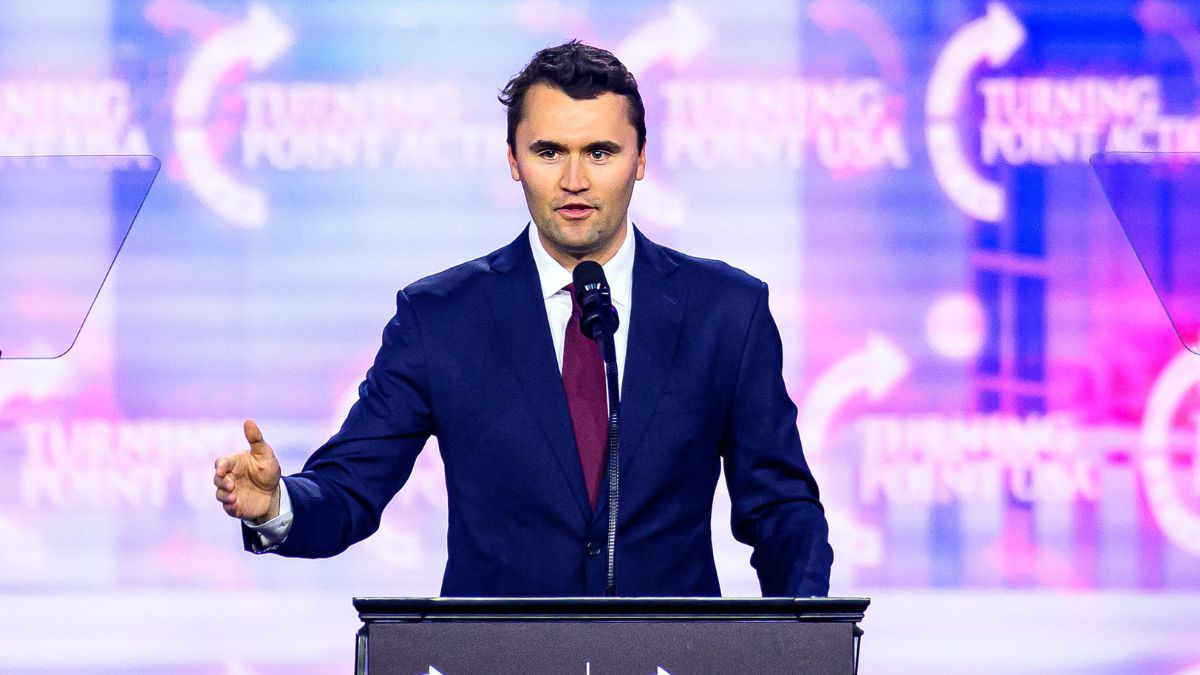)
)
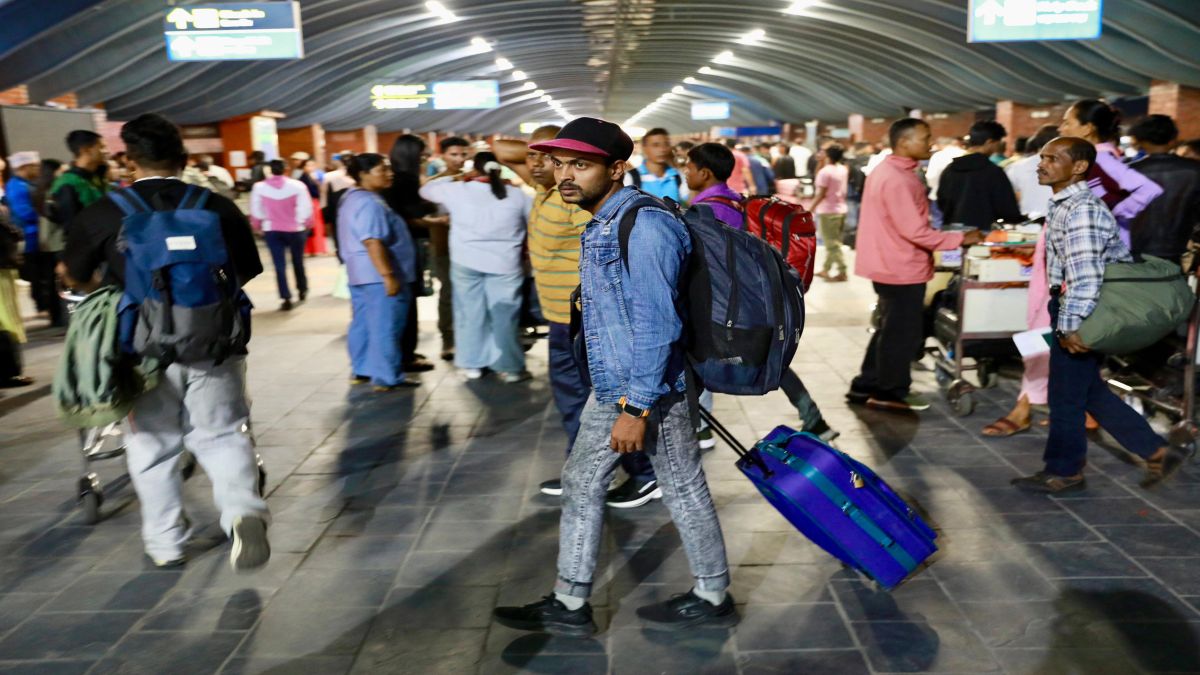)
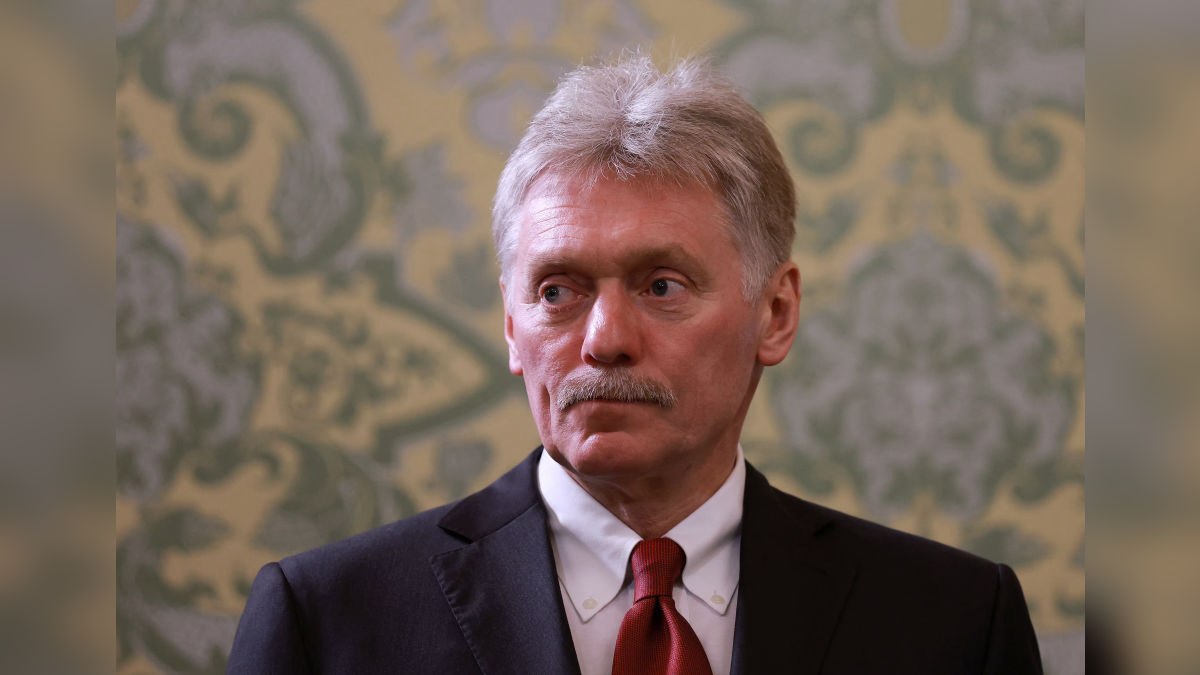)
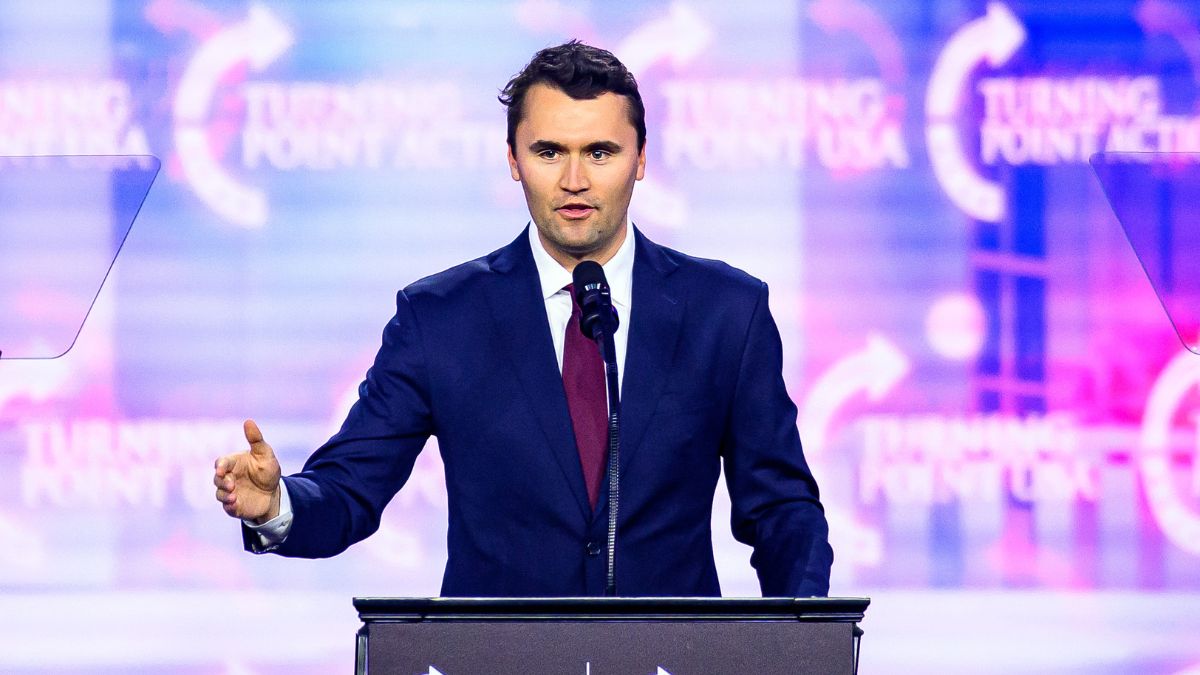)
)
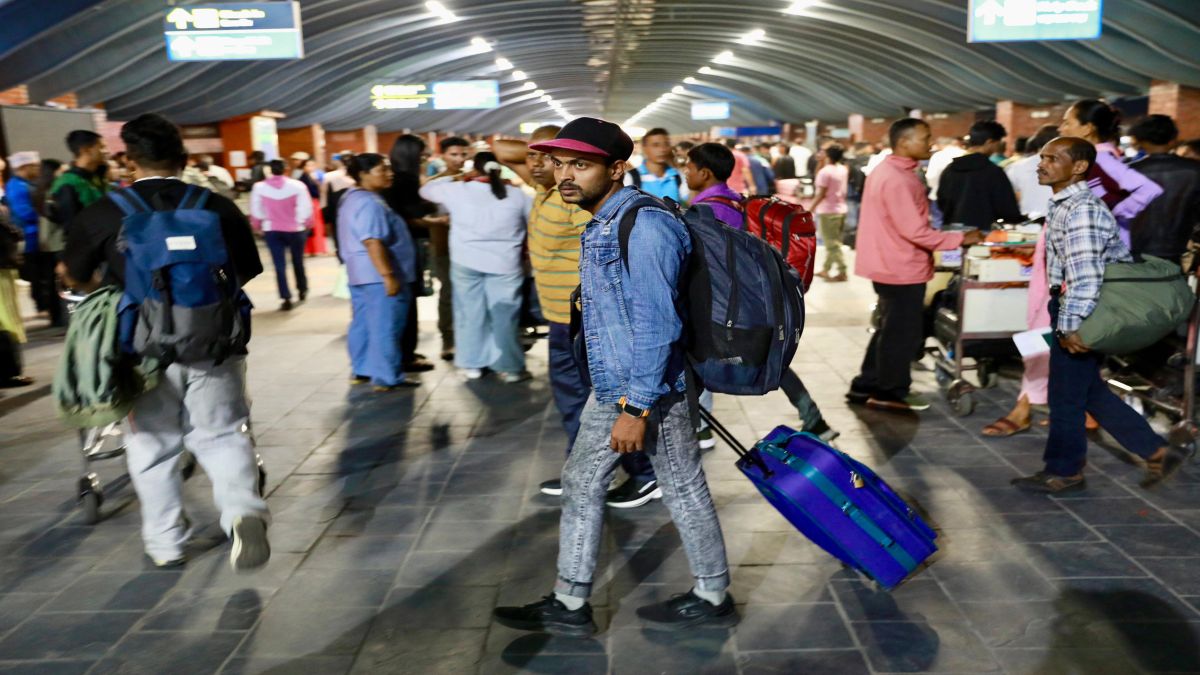)
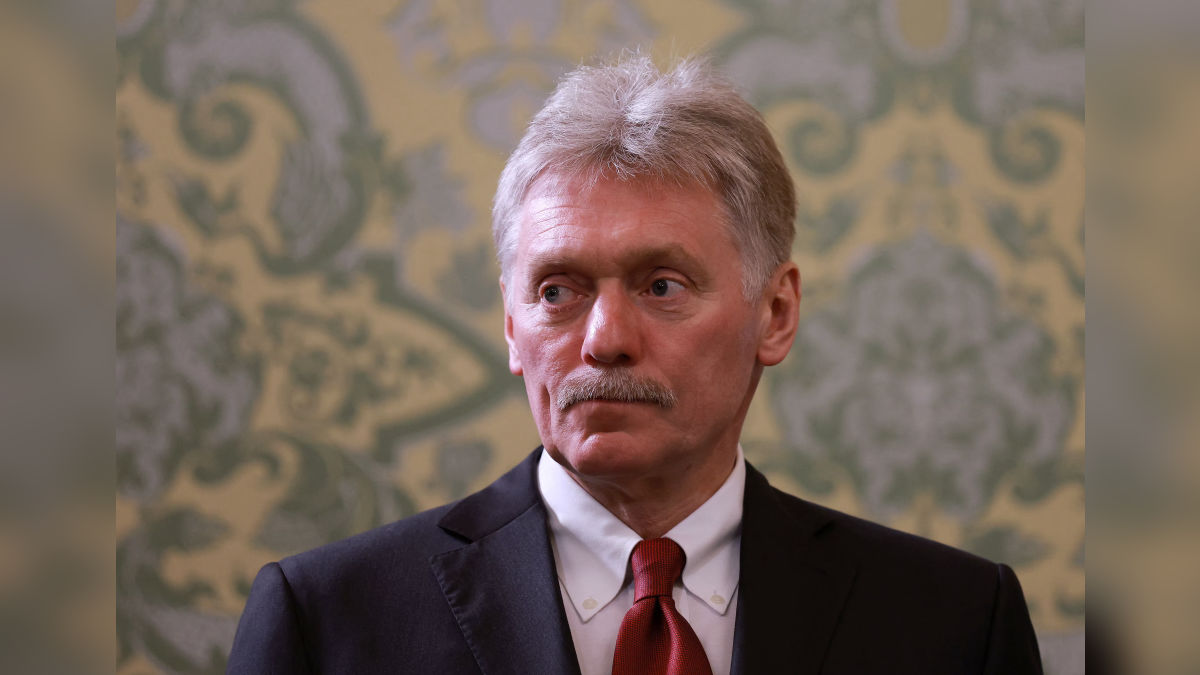)



